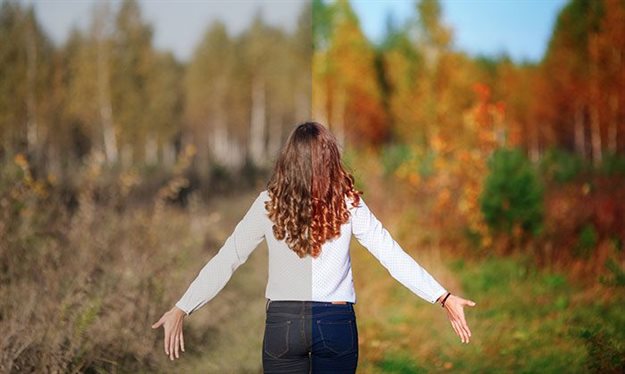Photoshop or Facetune? How photo editing has been reshaped by society

Today, it is used by your average joe to turn his picture into a work of art. The prevalence of photo editing apps continues to perpetuate the impossibly high beauty standards, some even going as far as to get plastic surgery to look like what they look like with a Snapchat filter. But, at the same time, more and more people are beginning to understand that what they see on a screen is heavily doctored and are coming to terms with the idea that they do not have to look perfect without the help of photo editing apps. This continued interest in looking better than realistically possible, paired with social media, are all contributing factors to developing the photo editing industry.
Instant gratification is a large contribution to software development
Software such as Movavi have a one-tap feature that automatically enhances one’s photos without compromising its quality. In a fast-paced world where everything needs to go digital instantaneously, this feature is a lifesaver for many influencers or Instagram-celebrities as they no longer have to spend time in a software like Photoshop - whether you are a professional or a consumer - manually adjusting everything until it is painstakingly perfect.
CEO of Movavi, Sergey Pavlishin, goes on to say that the idea behind Movavi is fueled by the instantaneity of today’s society, “everybody wants results now. Movavi is the solution to making the imperfect perfect with minimal to no effort.” That’s why they also have Movavi Video Editor Business version that allows users to directly capture video from the screen, alongside other video editing capabilities, because social media is also increasingly about motion picture rather than stills.
Photo editing apps are geared towards consumers rather than professionals
“Gone are the days where we need to edit our photos with bulky laptops or computers, today everything is done on your smartphone. If your software is not mobile friendly, then it is obsolete.” Pavlishin continues, targeting the ever-increasing consumer-based customers who wants to be able to do everything on their devices. With functions that remove imperfections from your shot - from your finger to extra people that happen to be in the frame - to features that allow you to enhance certain aspects of the picture such as changing your eye color or making your hair shade more intense, Movavi is the ideal companion to every trigger-happy consumer photographer. For the selfie lovers: you can also remove skin imperfections and give it a professional airbrushed result.
Everyone is a photographer and has their own aesthetic appeal
With cameras being so accessible nowadays - before the rise of smartphones, people had to pay thousands to get a camera which can deliver crisp results with high resolutions that we see on our devices today - everyone is, in essence, a photographer. There are those who would like to go one step beyond and develop their own style or aesthetic. Therefore, while software like Movavi have in-built filters, being able to build personalized effects are crucial to curating the perfectly unique feed.

























